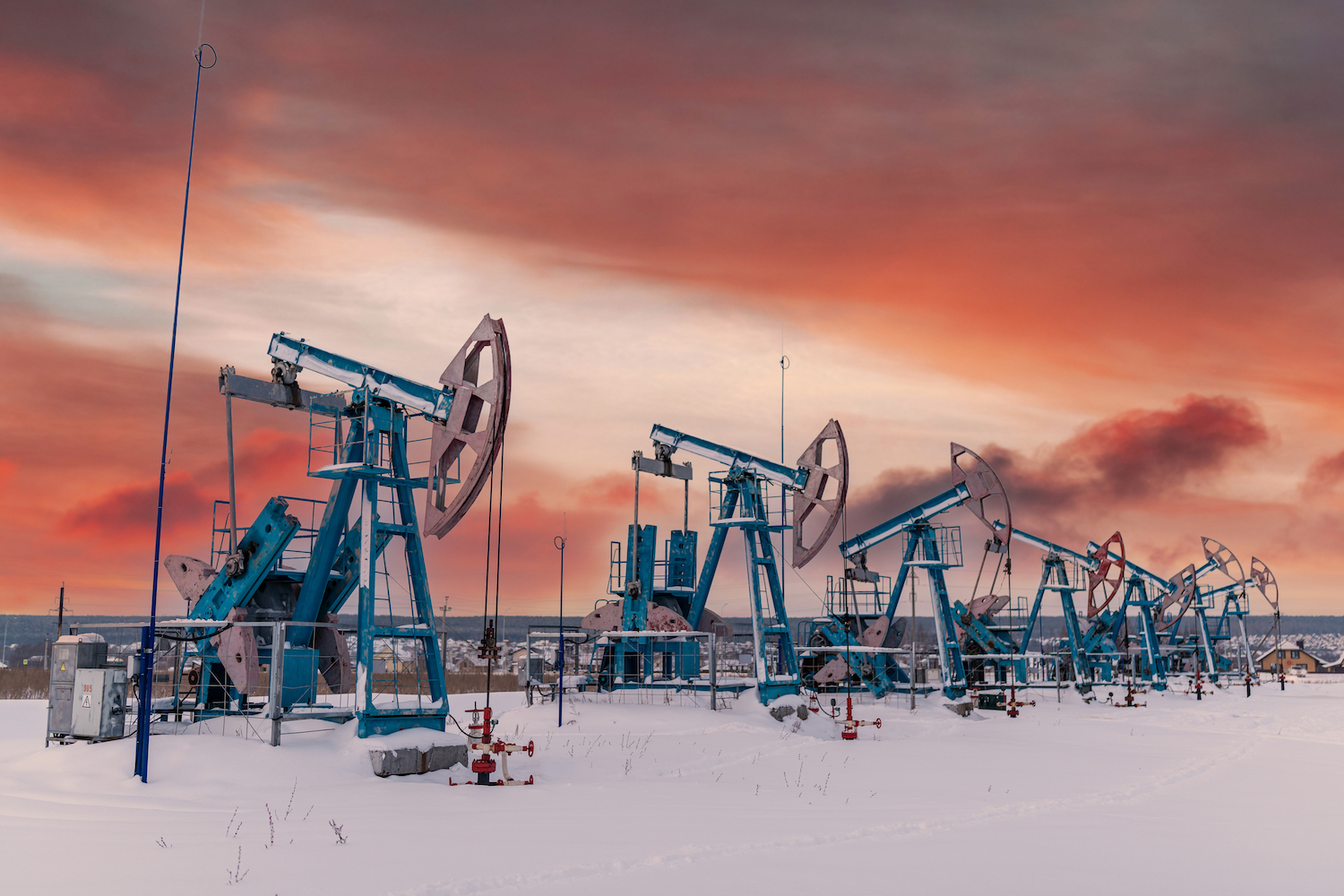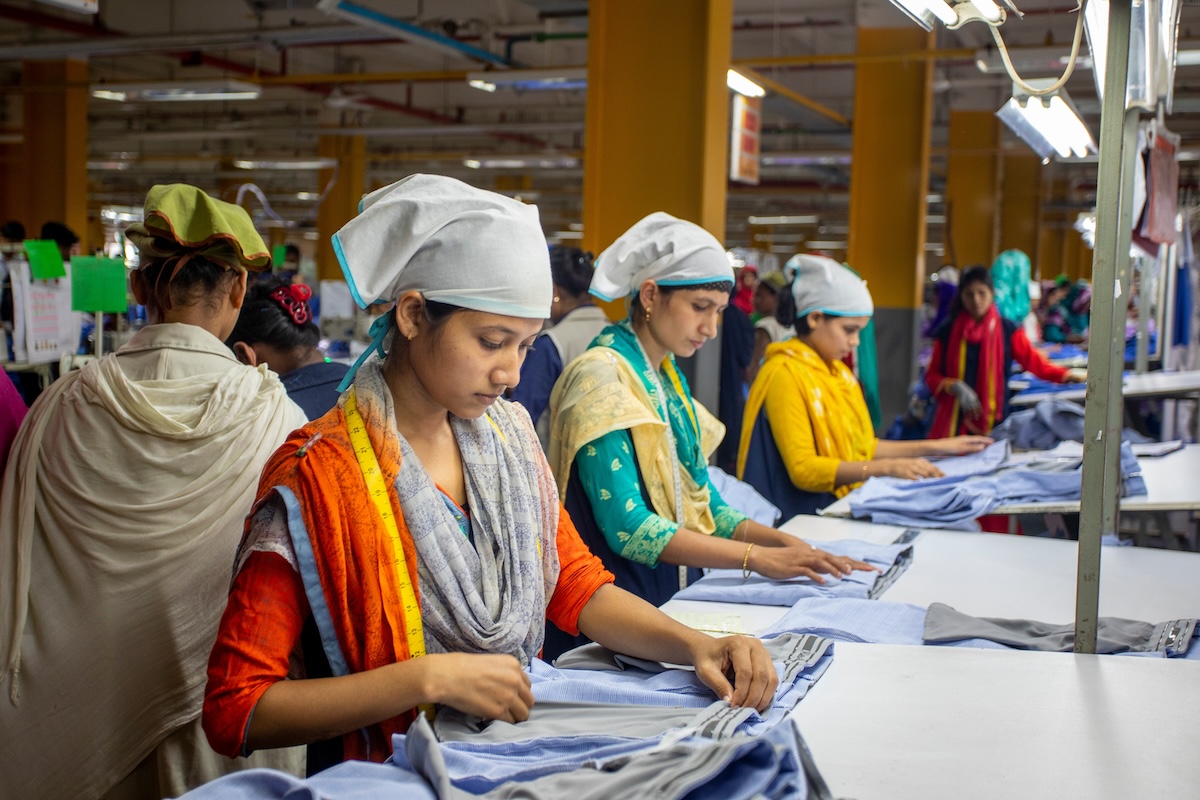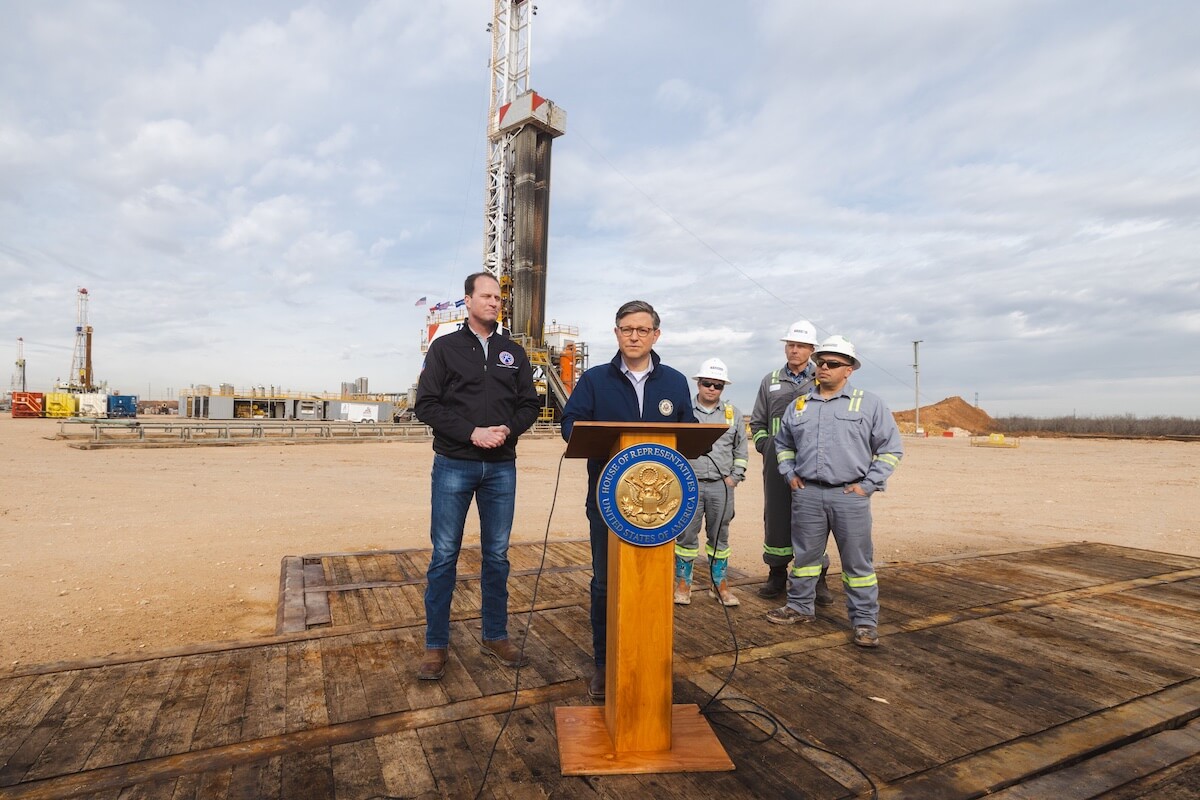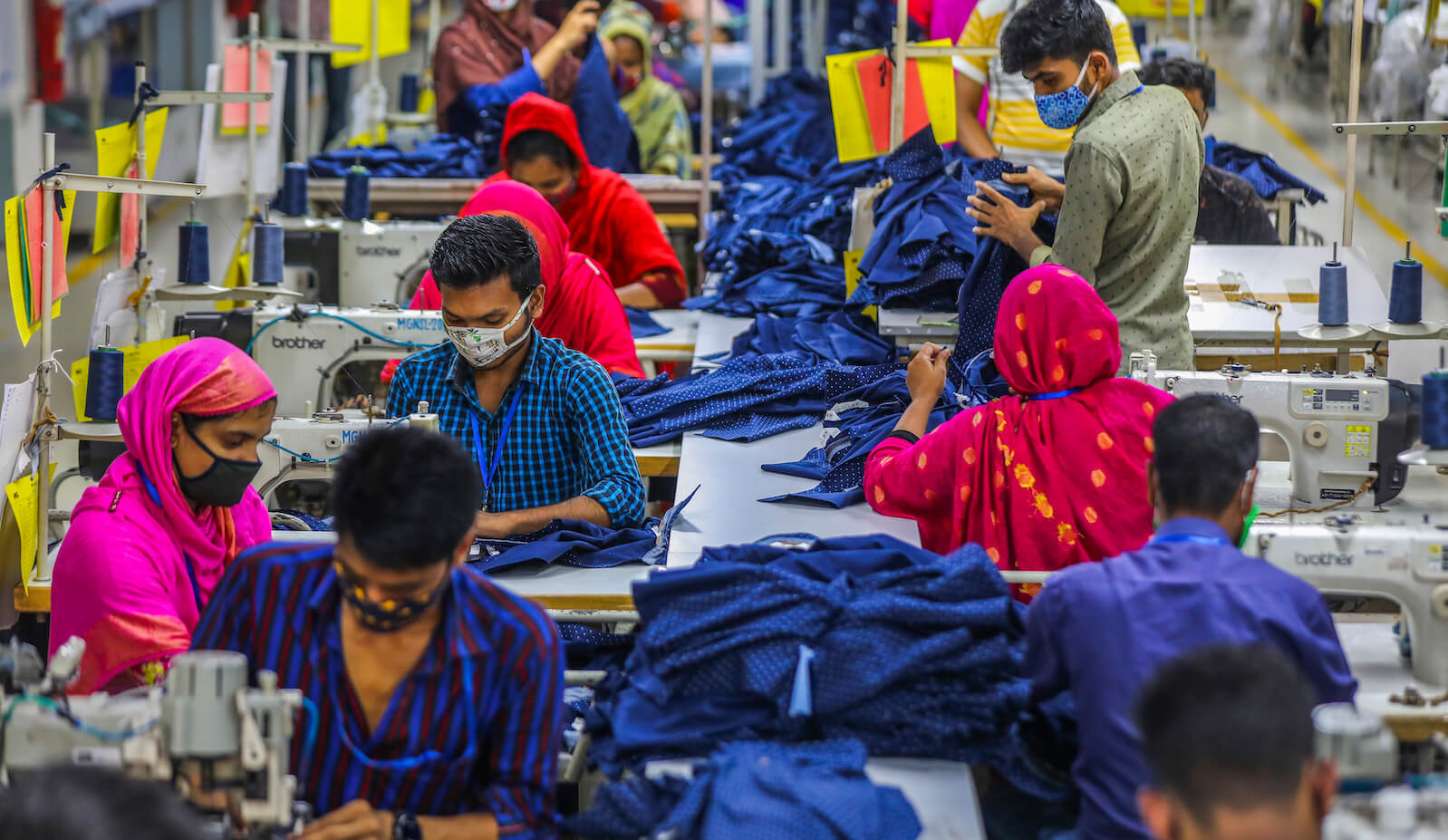ImpactAlpha, Mar. 2 – Russia is the new tobacco. Or forced labor. Or apartheid South Africa.
Russia’s invasion of Ukraine has triggered a sudden withdrawal by global investors from Russian oil companies, banks, airlines and government debt. The abrupt reckoning belies the inconvenient truth that for years Russia’s ‘country risks’ have been clear to analysts of ESG, or environmental, social and governance factors.
That investments in Russian government-controlled entities were not already excluded from many portfolios is prompting a reassessment of ESG standards around autocracy, political freedom and human rights. From another direction, Russia’s aggression has sparked calls to recognize the social purpose of an industry sector that has not typically been celebrated for sustainability: military and defense.
“This is the epitome of ‘ESG’ that companies are saying is their priority right now,” Russia expert Fiona Hill told Politico. “Everyone who has been doing business in Russia or buying Russian gas and oil has contributed to Putin’s war chest.”
The analyst, who in 2019 testified in impeachment hearings about the Trump administration’s dealings with Ukraine, called on governments and businesses to suspend business activity with Russia.
“Ordinary companies should make a decision,” said Hill. Just as investors didn’t want their money invested in apartheid South Africa, she said, “Do you really want to have your money invested in Russia during Russia’s brutal invasion and subjugation and carving up of Ukraine?”
Autocracy risk
Shell has joined BP in divesting from its joint ventures with Russian-owned oil companies. The write-down on BP’s Russia assets alone: $25 billion. Norway’s $1.3 trillion sovereign wealth fund is divesting its Russian assets. U.S. public pensions from California, Connecticut, Colorado, New Jersey and Illinois are moving to do the same.
For some, it’s too late. The invasion and the punishing sanctions that followed have already vaporized billions as products are pulled, projects are canceled and capital flees. Nord Stream 2 AG, the Russia-owned, Swiss-based company that built the Nord Stream 2 gas pipeline from Russia to Germany is considering filing for insolvency, as it scrambles to settle claims ahead of U.S. and European sanctions.
Modern day ESG and responsible investing can be traced to anti-apartheid divestment campaigns of the 1980s. More than 40 years on, investors have tools, taxonomies and strategies to guide “responsible” investment decision-making.
What should responsible investors do in response to the invasion? “Put people first: ask what people in Ukraine need and want,” Jérôme Tagger of Preventable Surprises wrote on LinkedIn.
Doing business with autocratic regimes can be considered a ‘negative externality,’ Evgueni Ivantsov of European Risk Management Council writes in the Financial Times. Negative externalities are usually associated with environmental issues, such as air and water pollution. “But in this case we are dealing with another form of externality: where a company profits at the expense of negative geopolitical consequences for society.”
The ‘S’ and the ‘G’ in ESG, for social and governance, measure business ethics and the value companies create for society, says Ivantsov. “Enriching autocratic regimes and creating negative geopolitical externalities is, therefore, unlikely to be consistent with ESG requirements.”
MSCI on Tuesday downgraded ESG ratings for both Russia and Belarus. Russia’s ESG government rating fell from BBB to B, the second-lowest, “with a negative outlook.” MSCI noted that even before the invasion, Russia’s ‘political governance’ score was weak in ‘stability and peace,’ ‘political rights and civil liberties’ and ‘governance effectiveness.’ MSCI said sanctions made Russia’s stock market “uninvestable” and removing Russian companies from stock indexes is a “natural next step.”
Sustainable defense?
Europe is in the process of defining what is in and what is out of ESG. The European Union raised hackles several weeks ago when it included some natural gas and nuclear projects as “transitional” green investments.
The invasion of Ukraine has some lobbyists making the case that defense and armaments have a positive social impact.
The Platform on Sustainable Finance, commissioned by the European Union, is developing a blueprint for sectors that might be considered socially sustainable. A leaked version of the proposed social taxonomy had suggested armaments might be labeled “socially harmful,” alongside cigarettes and goods produced with forced labor.
That brought out the German defense lobby group BDSV, which argued that Russia’s invasion of Ukraine shows that “strong national defense” is critical to social sustainability in Europe. German Chancellor Olaf Scholz said the country would boost military spending following the invasion.
“I appeal to the EU to recognize the defense industry as a positive contribution to ‘social sustainability’ under the ESG taxonomy,” BDSV’s Hans Christoph Atzpodien told Bloomberg.
That didn’t fly with some investors working with the Platform on Sustainable Finance.
“Armaments cannot be classified as social,” Antje Schneeweiß of German church investment group Arbeitskreis Kirchliche Investoren told Responsible Investor. Schneeweiß is a rapporteur focused on the social taxonomy. “Arms would then be as social in the EU as in North Korea or Russia.”











